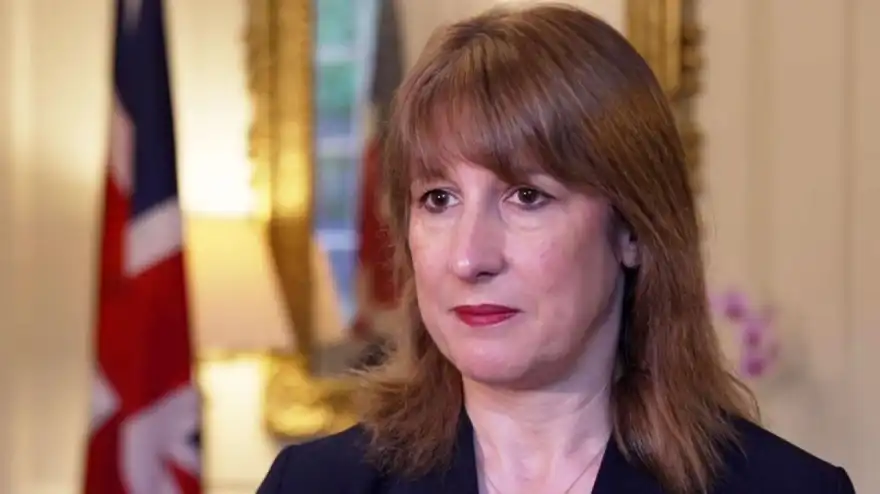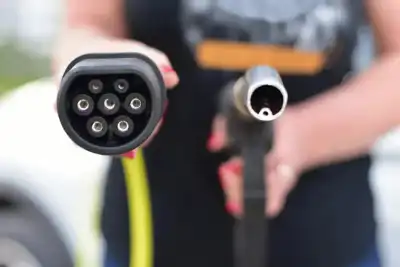
Motorists could face an extra £100 on annual household costs if the Chancellor allows the current 5p-per-litre fuel duty cut to end in the upcoming Autumn Budget.
The Road Haulage Association (RHA) says ending the cut would not only raise fuel prices at the pump but also push up freight costs. This would likely lead to higher prices for essentials such as food and energy, increasing household living costs by £7.3billion between now and 2029.
The 5p cut was introduced in March 2022 by then-Chancellor Rishi Sunak to ease soaring fuel prices following Russia’s invasion of Ukraine. It was meant to last one year but has since been extended, most recently by Rachel Reeves in last year’s Autumn Budget.
RHA managing director Richard Smith says diesel is already more expensive in the UK than anywhere else in Europe, with over half of what drivers pay at the pump going to the Government. He says any fuel duty increase would be a “hammer blow” to road freight firms already operating on tight margins.
The RHA estimates that raising fuel duty by 5p - from 52.95p to 57.95p per litre – would push up consumer prices by 0.3 per cent, costing households an extra £2billion a year. For drivers, that could mean £100 more a year in 2025, rising to £360 by 2029. Even households without a car could face an extra £255 a year due to higher distribution costs.
“We’re urging the Government to keep fuel duty frozen,” Smith said. “People are already stretched by the cost of living.”
Sheena McGuinness, co-head of energy and natural resources at RSM UK, says fuel duty receipts for April to September were £12.2billion – £26million lower than last year due to the shift from diesel to electric and hybrid vehicles.

With oil prices currently low, she argues the Chancellor could use this moment to reverse the 5p cut and link duty to inflation, which has already been factored into forecasts by the Office for Budget Responsibility (OBR). Without making this change, the Treasury would need to find an extra £2.7billion elsewhere, she says.
An HM Treasury spokesperson said only that the Chancellor will make decisions at the Budget, balancing support for public services with economic growth.
Last October, Reeves extended the cut for another year, arguing that raising fuel duty during a time of high living costs would be “the wrong choice”. She said allowing the cut to lapse and raising fuel duty by 7p would have been too harsh on working people.
However, former Institute for Fiscal Studies director Paul Johnson criticised the move, saying it came despite rising taxes elsewhere and government pledges on climate change.
Fuel duty has been frozen since 2011. If it remains frozen alongside the 5p cut, the OBR estimates the Government could lose £15billion in motoring tax revenue by 2029. In total, the freeze and 5p reduction since 2022 have cost the Treasury around £90billion so far.
Could EV owners be next?
In March, Reeves confirmed that electric car owners will start paying vehicle excise duty (VED) from April 2025. Many EVs priced over £40,000 will also face an Expensive Car Supplement of £425 a year, meaning some drivers will pay £620 a year for five years.
However, a leaked letter suggested that the £40,000 threshold might be raised or removed for EVs to keep them affordable, with a decision possibly coming in the Autumn Budget.
With fuel duty revenue expected to fall to almost zero after petrol and diesel car sales are banned in 2030, Ministers are exploring new ways to tax road users. Options include car weight-based taxation or a pay-per-mile system.
To avoid slowing EV adoption, the Government may also increase discounts available through the taxpayer-funded Electric Car Grant, which launched earlier this year.




